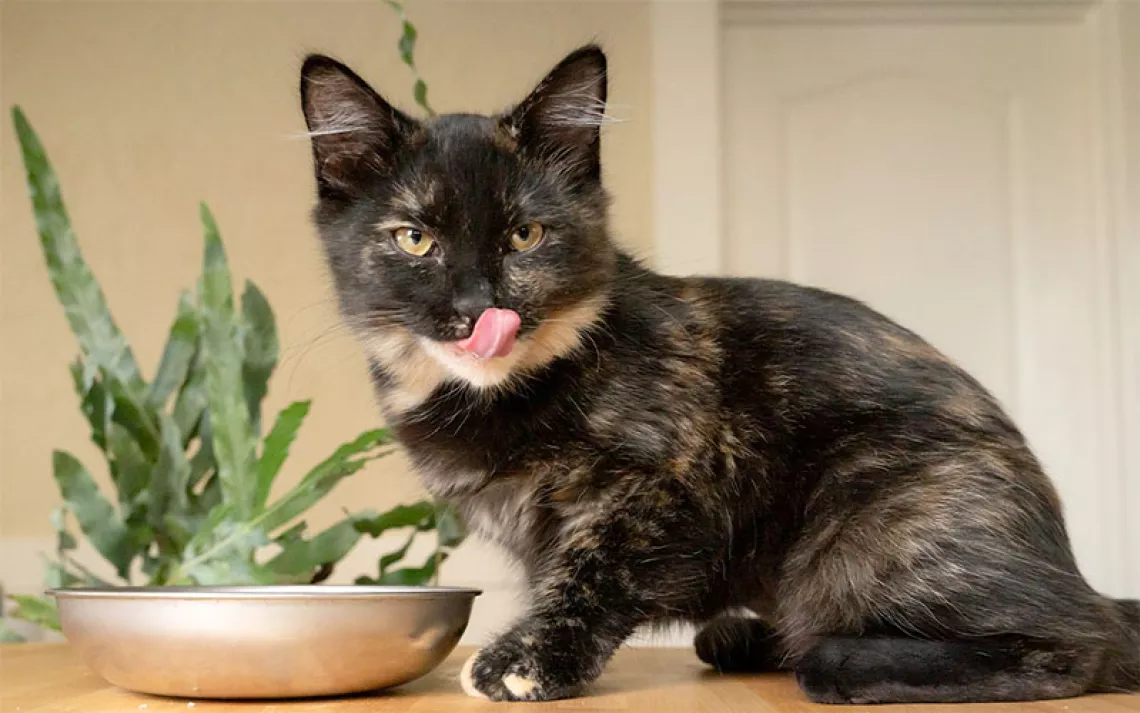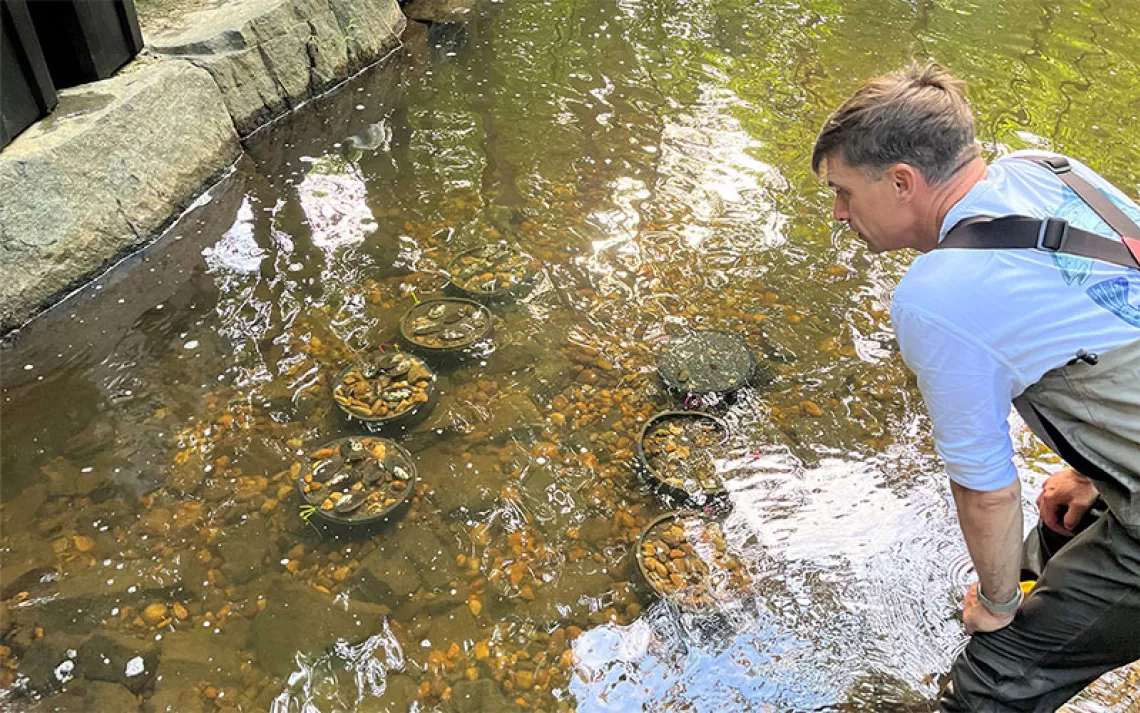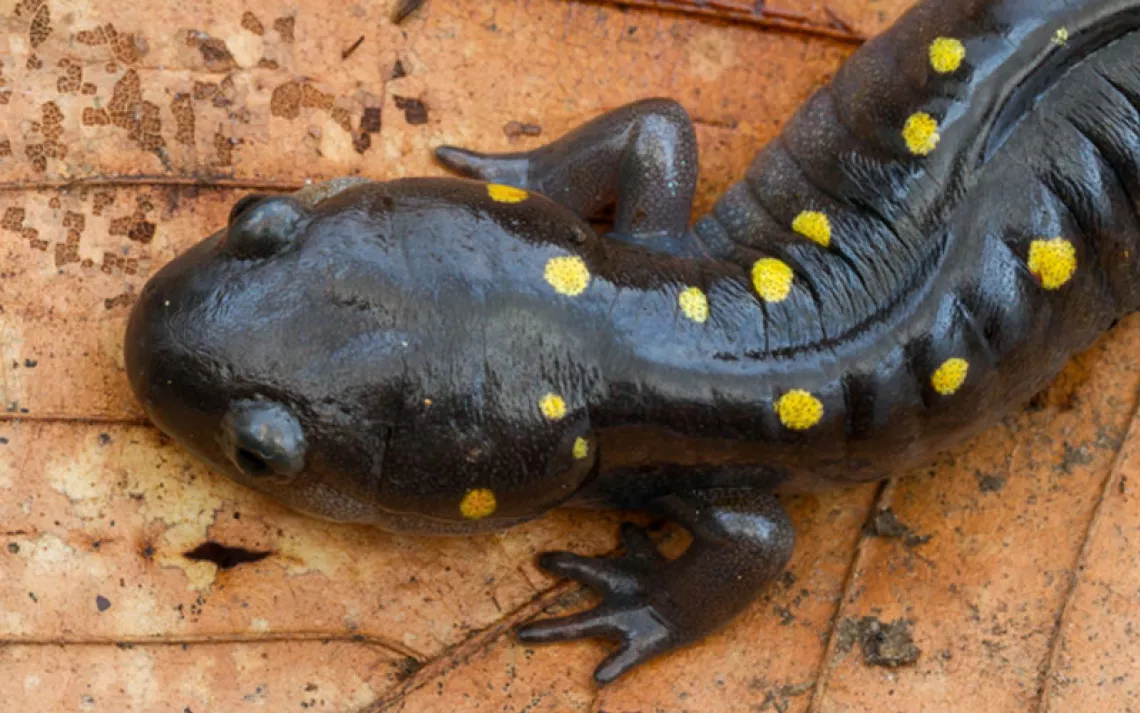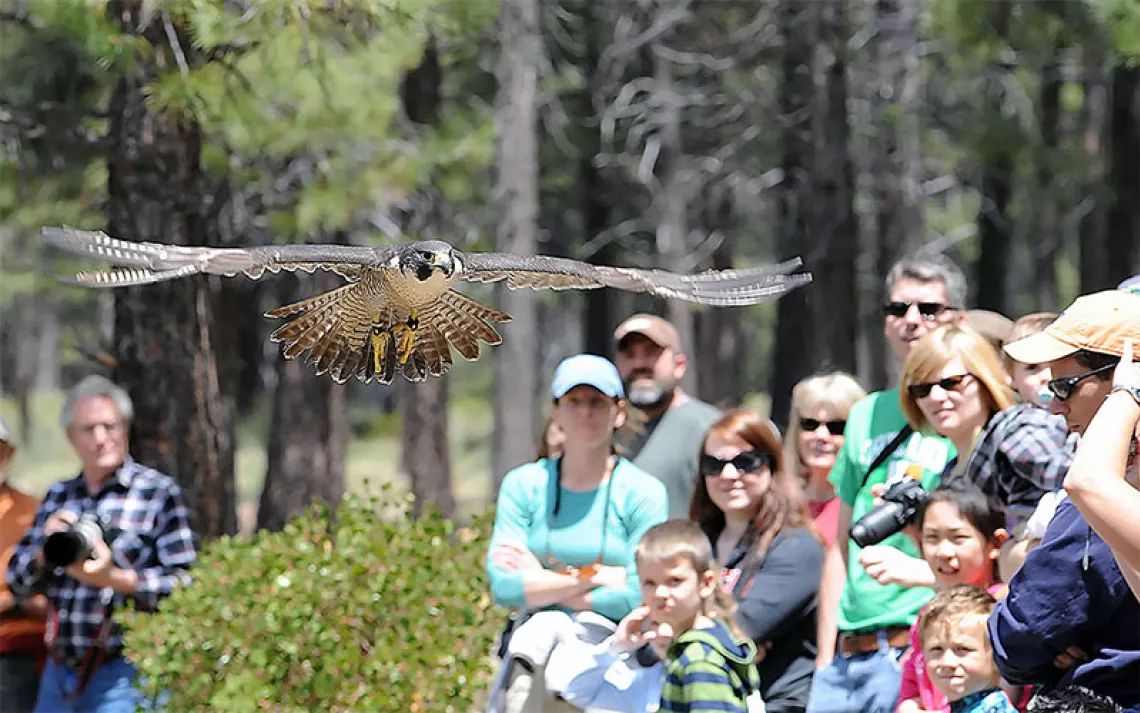Coyote Mating Season Comes to Gainesville, and Pets Go Missing
The urban world we live in is also nature
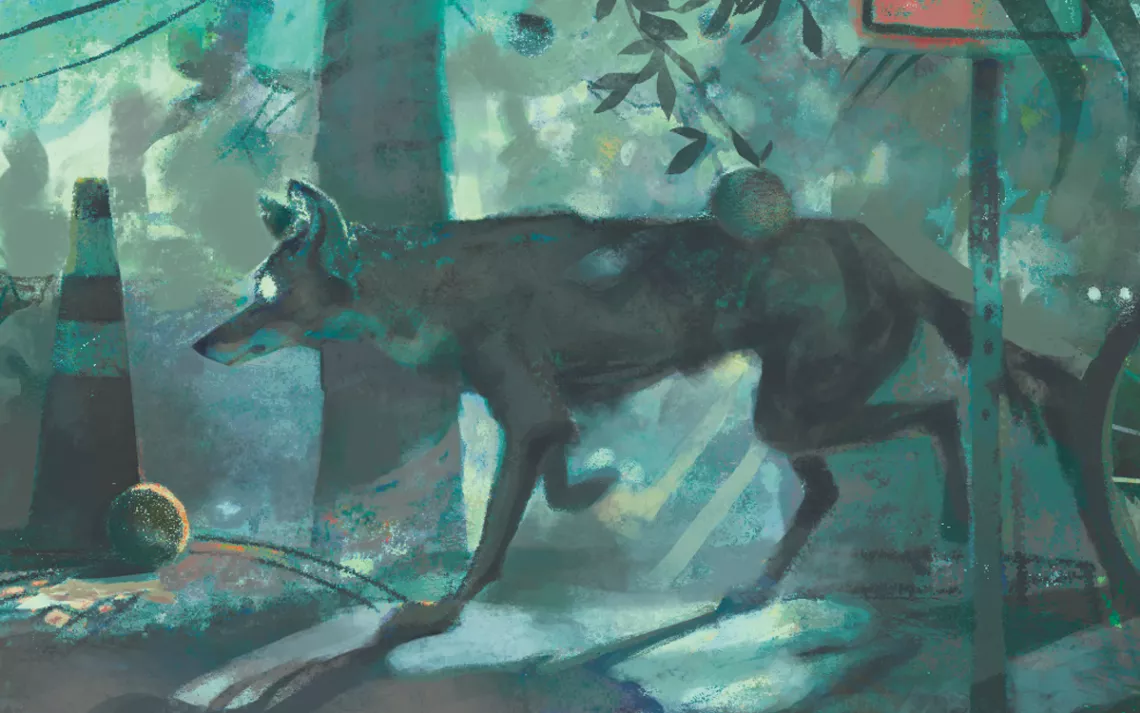
Illustration by Carolyn Arcabascio
It is the season when coyotes roam the streets, and the pet cats have begun to go missing. On the listserv in our Florida neighborhood, there is outrage, then mourning, then ostentatious commiseration. One of the grieving owners posts studio photographs of her cats looking miserable in costumes: wearing matching blue bonnets, then dressed as superheroes with their ears flat to their heads. My family passes around the laptop, marveling that such eccentricity lurks in our neighbors, who wear pleated khakis and drive sensible sedans.
We are not cat people—we are wild-bird people; we are domesticated-canine people—but we can understand our neighbors' sorrow. The thought of the coyote gives us perhaps a small frisson when we walk the dog before bed, a sense that something wild is watching from the shadows. But the neighborhood is so gorgeous during these cool late-winter nights, with the moon shining in bars through the palm trees and the intoxicating smell of the citrus flowers perfuming the street, that we return to our warm house feeling fizzy and replete.
Then one night, coming back from a walk, the dog pounces in the garden, cornering something bigger than a rat, smaller than an armadillo. To keep the dog off, my husband takes a recycling bin and traps the beast underneath. After we have put the dog inside the house, we tip the bin to look, and a possum is playing dead there, or perhaps it is actually dead, because it has a jagged, bloody rip at its throat.
Our dog didn't have time to hurt the possum; we agree that the wound must be the coyote's doing. How tender the possum's pinkish, almost human hands look in the light from our cellphones.
The wildlife-rehabilitation people are not around at night; nobody can help us until morning. If the possum is still alive and we take the recycling bin away, it can escape to the shadows where it lives and possibly heal there. But the creature is so desperately wounded, so drenched in blood, that uncovering it might make it into immediate prey for the coyote or the mad feral cats that live under the house.
Here, suddenly, is the latent morality of living in the natural world, inescapable, uncomfortable. We often push this morality to the corners of our thoughts. We are an urban family, connected to other humans through city water pipes, city electricity. For city dwellers like us, it is so easy to forget that the world we live in, full of cars and houses and asphalt, is also nature. An immense tide of historical thought has been dedicated to demarcating the ways in which the human creature stands apart from the rest of the animals; we are lulled into thinking that we are different, of a higher order. There, next to the possum in the dark, our arrogance becomes clear, the entitlement under which we operate revealed to be astonishing. If we see ourselves as no better than other animals, it is not at all outrageous that the coyote is wandering in our streets at night; what is outrageous is that we are letting our pets out to wreak havoc and are upset when they are eaten.
There is no good solution to the possum problem. We decide that the creature's best chance of survival is to stay under the shelter of the bin. In the morning, it is either dead or playing dead. We leave the little body in the open and go back into the house for an hour. When we look again, the possum is gone. Perhaps it dragged itself away; perhaps something ate it. We hope, absurdly, for both. And at night, our dreams are full of coyotes hunting in our neighborhood; and our streets are full of animals, like us.
This article appeared in the Summer quarterly edition with the headline "Animals Like Us."
 The Magazine of The Sierra Club
The Magazine of The Sierra Club
